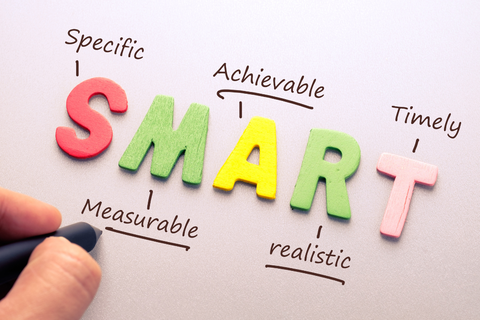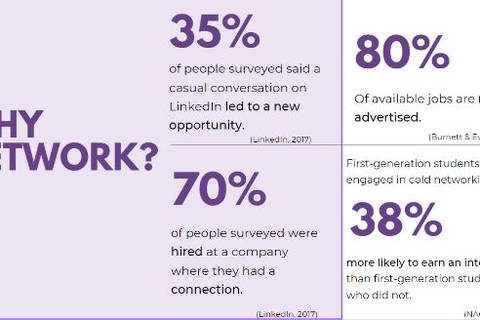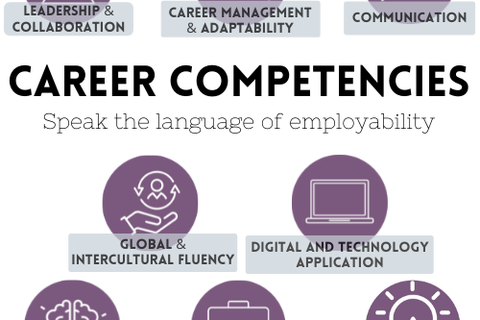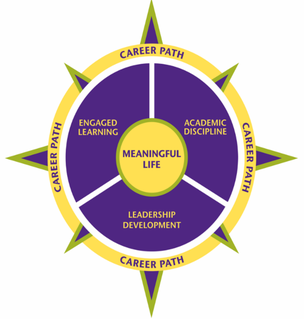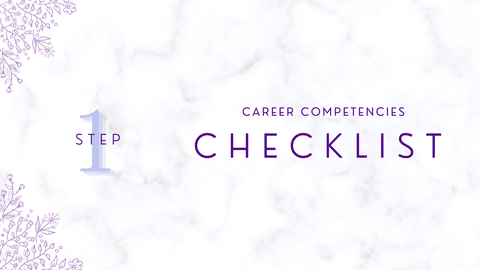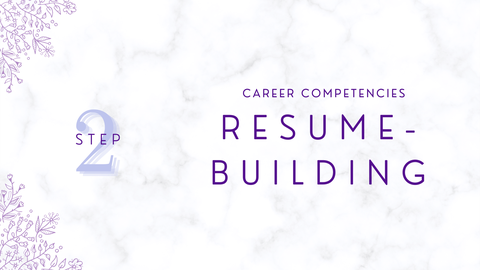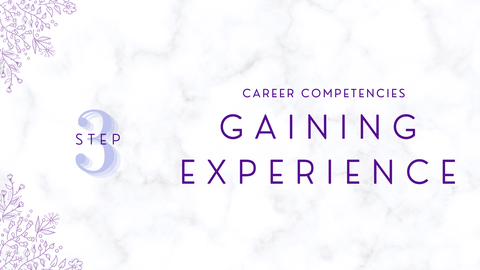Career Competencies
Leadership & Collaboration
- Lead and influence ethically by building trust, respecting, listening, recognizing, engaging, motivating, and developing others to achieve shared goals
- Leverage the unique strengths of individuals from all backgrounds representing diverse cultures, races, ages, genders, religions, and beliefs, lifestyles, and viewpoints
- Fosters open dialogue and can step into conflicts to find common ground
- Can imagine and take action toward justice
- Makes difficult decisions and provide critical feedback, and shift leadership styles to meets of the situation
Communication
- Articulate thoughts and ideas confidently and respectfully across diverse communication channels and modalities
- Adjust communication style and messages based on audience needs
- Have public speaking skills
- Express ideas to others to advocate for themselves and others towards a more equitable workplace
Critical Thinking & Decision-Making
- Exercise sound reasoning to analyze issues, make decisions, and overcome problems
- The ability to obtain, interpret, and use knowledge, facts, and data in this process and may demonstrate originality and inventiveness
Creativity & Innovation
- Ability and capability to conceive something original or unusual
- Implement or create something new that sticks and has realized value to others
- The ability to communicate a creative, innovative, and compelling vision to build and share an inspiring and persuasive, and defensible argument
Professionalism & Ethics
- Demonstrate personal accountability, integrity, and effective work habits
- Punctuality, working productively with others, treating colleagues and others with respect, and act responsibly by following through on commitments
- Taking initiatives, seeking feedback, learning from mistakes, managing workload effectively
- Understanding the impact of non-verbal communication on professional work image to ensure congruence between one’s intended and perceived reputation
Digital & Technology Application
- Leverage existing digital technologies ethically and efficiently to solve problems, complete tasks, and accomplish goals
- The ability to demonstrate effective adaptability in the evaluation and integration of new and emerging technologies
Global & Intercultural Fluency
- Understand and analyze the impact of diversity and systems of power and privilege on the individual and society
- The ability to decipher and honor multiple and global perspectives in creating mutual understanding
- The ability to value respect and learn from diverse perspectives including with cultures, races, ages, genders, sexual orientations, and religions and beliefs
- The ability to identify, respect, and act with considerations for others’ differences, values, preferences, and expressed needs with openness, inclusiveness, sensitivity, and the ability to interact respectfully
Career Management & Adaptability
- Identify and articulate one’s knowledge, values, emotions, biases, skills, strengths, and experiences relevant to their desired career goals or positions in the process of exploring and pursuing meaningful work, the ability to learn and grow in an ever-changing world of work
- Can navigate opportunities for personal and professional growth, cope with change, and be comfortable shifting gears or pivoting with ambiguity in career decision making even if it means not having the total picture
- Lead with curiosity to explore career options, Dare to take actions to test possible interests
- Engage in active reflection on both positive and learning experiences to modify existing ideas and spark new ideas apply learnings
- Takes the initiative to enhance and advance one’s skill set, creatively thinks of ways or approaches that allow action, reflection, failure, and resilience in an ever-changing world
- Ability to advocate for oneself and others to advance towards one’s career goals or to help advance the goals of others in a professional, fact-based and persuasive manner
- Can track one’s work accomplishments and can negotiate a raise, a new position, a promotion, added responsibilities, etc.
- The ability to drive change that leaves a positive, lasting impact on people, workplaces, organizations, etc.
Learning Your Competencies

Step One: Learn Your Skills
The Career Competencies Checklist will help you learn what skills you already have

Step Two: Add These Skills to Your Resume
The Career Competencies & Your Resume survey will help you turn your skills into resume bullets.

Step Three: Gain Experience
The Career Competencies & Gaining Experience survey will help you find experience in skills you’re still learning.










